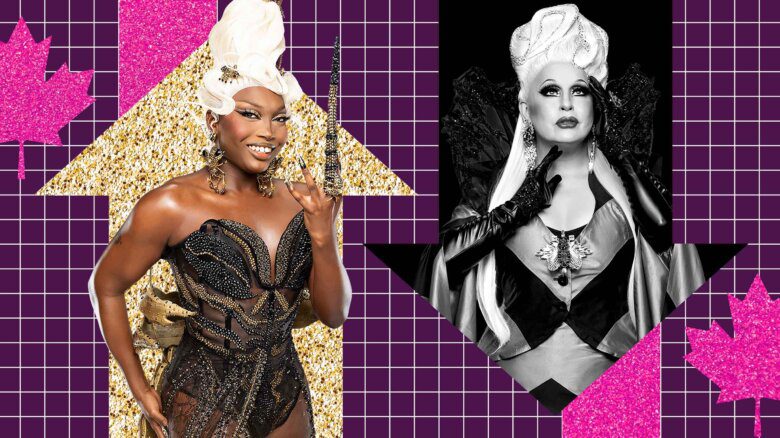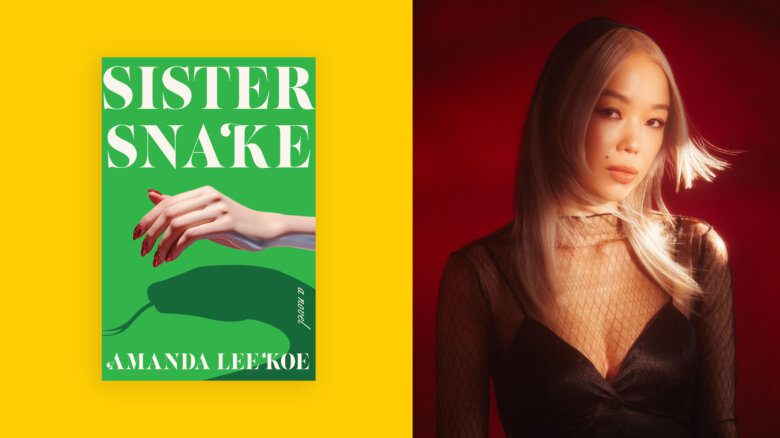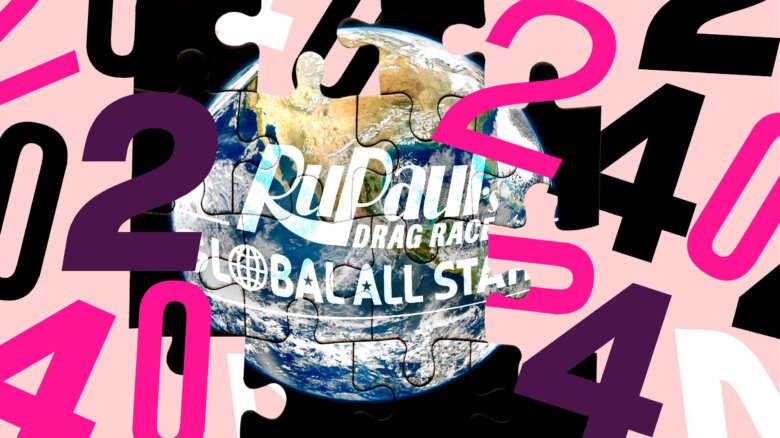“These songs don’t do the physical hurt, but they energize the mobs,” Gareth Henry told an audience of around 200 at The Sound of Hate, a panel on homophobic dancehall music on Feb 29.
Henry, the former coordinator of the Jamaica Forum for Lesbians Allsexuals and Gays and now a refugee claimant in Canada, told the crowd that dancehall music feeds into the homophobia that is already part of the daily lives of queer people in Jamaica.
“They are a means of inspiration for homophobic and hostile people,” he said.
Henry was joined on the panel by cultural studies researcher Rinaldo Walcott, DJ Nik Redman, Stop Murder Music Canada (SMM) founder Akim Larcher and promoter Chris Hines of Chris Hines Entertainment. The forum, organized by Egale Canada, was held at U of T’s Medical Sciences Building.
The objective of the forum was to open discussion between people who listen to dancehall music and those who find themselves demonized by the lyrics of some dancehall artists.
“This is not about censorship,” said moderator Angela Robertson. “It’s about homophobia and saying no to hate speech…. It’s about the clash between free speech and demands for cultural sovereignty.”
Some Caribbean reggae artists, including Sizzla, Elephant Man, Capleton, Baby Cham and Beenie Man, have become known for violently homophobic lyrics. The genre has been dubbed “murder music” by queer rights groups like SMM and UK group OutRage, who have successfully pressured venues and promoters to cancel their concerts and even successfully lobbied the British government to deny Sizzla entry to perform in the UK in 2004.
SMM has not yet been successful in its campaign against the sale of these artists’ records. Last month SMM called for several major retailers to stop selling music from a list of dancehall artists.
“We do not censor or restict product beyond the requirements established by law as to do so, in our opinion, would be to make value judgements on behalf of all our customers,” responded HMV in a written statement.
At the panel Larcher accused companies selling “murder music” of promoting homophobia in Canadian culture. Although dancehall artists don’t sing homophobic songs on Canadian tours, “they are symbols of them,” said Larcher.
Singled out at the forum for particular mention was Buju Banton who sings, in “Boom Bye Bye,” about shooting gay men in the head. Henry told the forum that attacks on queer people by mobs are increasingly common in Jamaica.
“When a mob descends on a gay man,” he says, “this is the song they are singing.”
Henry points out that the Reggae Compassionate Act — an agreement signed by artists including Banton and Sizzla to stop recording and performing songs that incite violence against queers — is not upheld in Jamaica.
When they are performing in Canada “they don’t sing those ridiculous songs,” said Hines, who added that while he disagrees with the lyrics of some dancehall songs, he books the artists to perform in Canada because there is a demand.
“It’s okay to say that this is what the people are crying out for,” countered one audience member, “but what is it that they are crying out for? Is it something healthy?”
“Different songs play to different people,” said a man who identified himself as Hines’ business partner. “They might have a homophobic song and then a socially conscious song on the same record.”
“Artists,” he added, “should be able to draw pictures the way they want.”
 Why you can trust Xtra
Why you can trust Xtra


